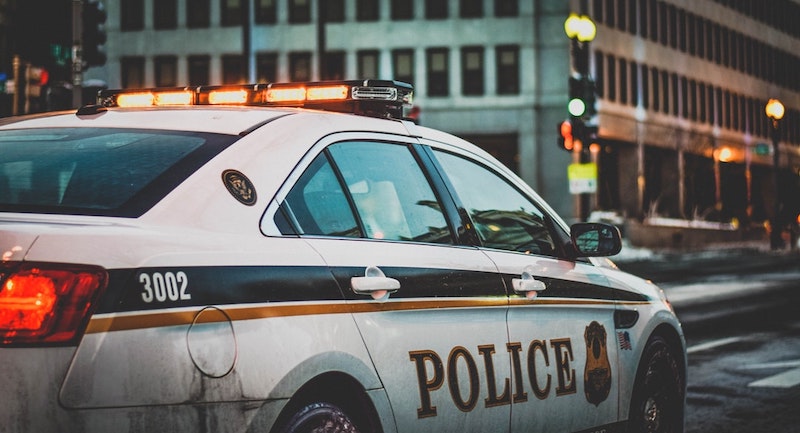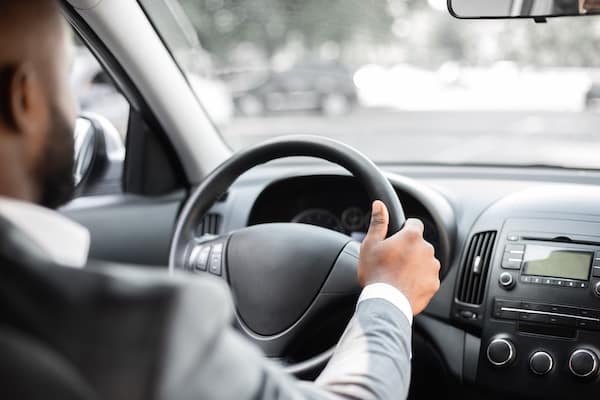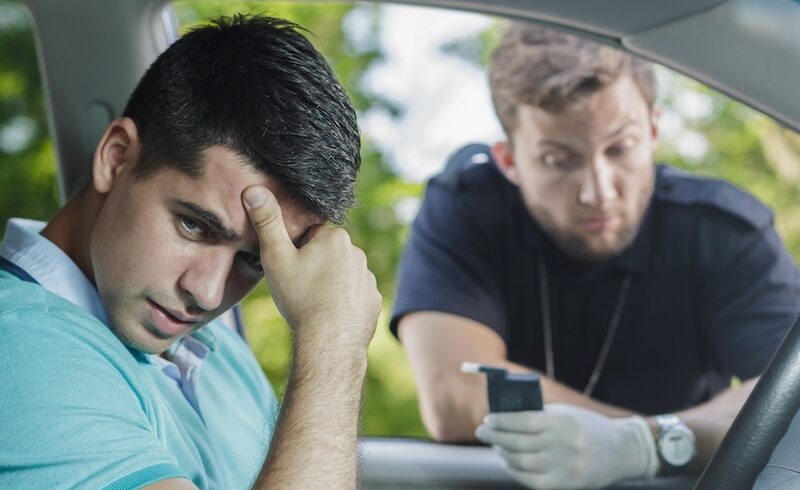
In 2019, over 26,000 people in Illinois were arrested on DUI charges, and 90 percent of those drivers lost their driving privileges. Losing your driving privileges can be tough, but getting your license reinstated can be even tougher.
Unfortunately, a DUI isn’t even the only way to lose your driver’s license. You can have your license suspended for traffic violations or a failure to pay fines.
No matter how you lost your Illinois driver’s license, it’s important to get it back the right way. Here, we go over the proper method of reinstating your Illinois driver’s license.
Get to Know Your Notice
When you lose your driver’s license, you will receive a notice by mail from the office of the Illinois Secretary of State, which runs the IL DMV. This notice will contain all of the details you need to get started.
It is important to make sure your mailing address is up to date with the DMV. It will be harder to navigate the license reinstatement process without your notice.
Suspension or Revocation?
The first thing to figure out is whether your license was suspended or revoked. A suspension is when the state takes away your license temporarily. If you fulfill all of the requirements of your suspension, you will get your license back at the end of a set period of time.
One of the consequences of a first-time DUI conviction can be a one-year license suspension. Stronger or more numerous convictions can result in longer suspensions. In the state of Illinois, your license is also automatically suspended if you refuse a breath test.
A license revocation is more serious. When the state revokes your license, there is no guarantee that you will get a license reinstatement. This consequence applies to more serious charges, such as when a DUI charge includes serious injuries and results in a conviction.
It is more complicated to get your license reinstated after a revocation. You will need to attend a hearing. It would be helpful to reach out to an attorney who specializes in license reinstatement.
Pay Your Fees
Before you get your driving privileges back, you will need to pay a fee. Fees for first-time offenses are lower than repeat offenses, but they start at $250. You’ll need to pay this fee to the Illinois Secretary of State.
Depending on your circumstances, you may also need to pay court fees or traffic tickets. These might not appear on your suspension or revocation notice, but it is still important to pay them.
Driving School
In some situations, you will need to attend driving school or alcohol and drug abuse counseling classes. Your notice will include information about whether or not this applies to your case.
Even if it is not required to get your license reinstated, you may want to consider driving school if you’re able. Check with your attorney to see if this is the right choice for your case.
To Wait or Not to Wait
For some people, it might be possible to wait out the length of their license suspension. However, a year or more without a license is far too long for most Illinois residents.
The average commute to work for Naperville residents is over half an hour. Making that journey via bus or Uber can be an expensive hassle. Losing your license can make day-to-day life harder.
Even if your lifestyle allows you to go a year or more without driving privileges, you may have questions about whether your license was legally suspended or revoked.
What do you do if you can’t wait? An attorney who specializes in driver’s license reinstatement can help you navigate your case and get you back on the road.
Get Your IL Driver’s License Back Legally
If you believe your license was unfairly or illegally suspended, you should talk to an attorney about your situation. They can help you evaluate what happened and help you try to get your driving privileges back quickly.
If your license was revoked, waiting isn’t going to reinstate your driver’s license. Getting your Illinois license reinstated is a tricky legal process.
At a minimum, you may need to complete drug or alcohol counseling, request and attend a hearing with the IL Secretary of State and take a driving exam. These processes all involve legal paperwork.
Statutes and laws about safe driving and license privileges are updated often, so it is beneficial to retain the services of an attorney who is up to date on these rules. They can guide you through the entire process.
Hardship Licenses
Losing your license can have severe consequences. You may need to drive to get to and from your job or to get medical care for yourself or a family member. If losing your license puts your life or livelihood in jeopardy, you might be eligible for a hardship license.
A hardship license, also known as a restricted driving permit, is a very limited driving permit. If you are approved for one, it usually comes with stipulations about when you can drive and where you can go.
If you lost your license because of a DUI conviction, you might also be required to use a monitoring device, such as an interlock, on your vehicle.
To get be considered for a hardship license, you’ll need to request a hearing with the IL Secretary of State’s office. After your hearing, you will receive a decision about your application within 90 days. A lawyer can help you with this process.
Get Ready to Get Back on the Road
Driving is a privilege, but it is also a critical part of many people’s lives. If you live in Naperville and need help getting your IL driver’s license reinstated, there is hope.
Schedule a free half-hour consultation with us today to see how we can get you back on the road and back to your life.


